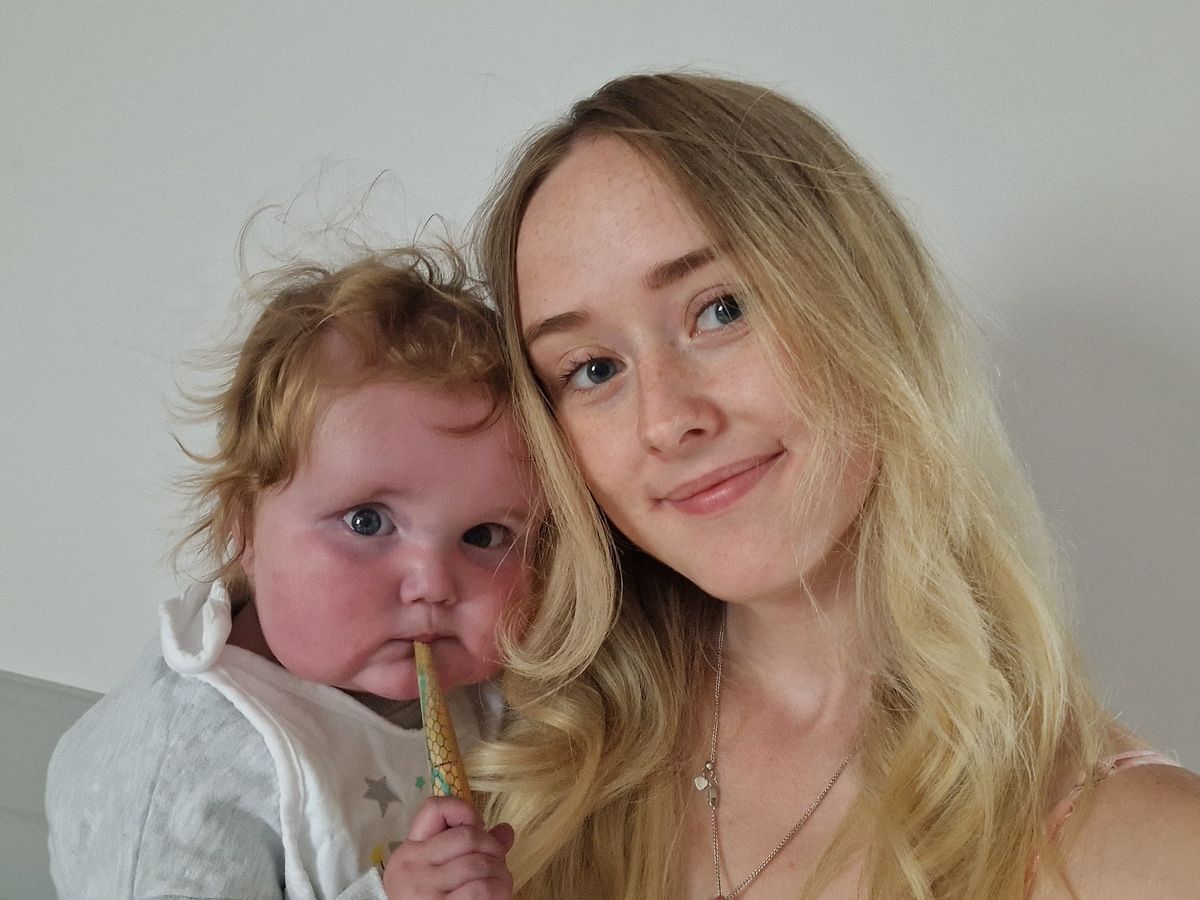By Saniya Ahmad Khan
Copyright yourstory

Have you ever wondered why you keep reaching for your phone the moment you wake up, order the same meal without thinking, or even react the same way in certain conversations? It’s not just preference or coincidence—it’s habit.
Psychologists estimate that nearly 80% of our daily decisions are shaped by habits rather than conscious thought. From what you eat for breakfast to how you respond to stress, these routines silently run in the background like autopilot, guiding your actions without you realising it.
On the surface, this seems harmless. After all, habits save brainpower. Imagine if you had to consciously think through brushing your teeth, tying your shoes, or driving every single day—it would be exhausting. But the problem arises when the silent habits controlling your decisions aren’t the ones aligned with your goals.
This is why so many people feel stuck. They want to lose weight, build wealth, or improve relationships, but their daily habits silently nudge them in the opposite direction. The good news? Once you uncover the hidden role habits play in your decisions, you can reshape them to work for you instead of against you.
Let’s explore how habits take control, why they dominate our decisions, and practical ways to reprogram them.
Why do habits control our decisions?
Brain efficiency mode: Your brain is designed to conserve energy. Once a behaviour repeats enough, the brain offloads it to “habit mode,” freeing space for other tasks.
Cue-response loops: Habits form around triggers: a cue (like stress), a routine (scrolling social media), and a reward (temporary relief). Over time, the loop becomes automatic.
Emotional shortcuts: Decisions tied to comfort, safety, or pleasure are reinforced faster. That’s why reaching for junk food when tired feels automatic—it’s an emotional habit, not logic.
Signs a habit shapes your choices
You often make decisions on “autopilot.”
You struggle to remember why you chose something.
You repeat actions you later regret.
You find change harder than you expected.
How to identify your silent habits
Journal your routines: Write down what you do daily without thinking. You’ll spot patterns that drive most of your choices.
Ask “Why” repeatedly: When you make a decision, pause and ask why—until you uncover the hidden habit behind it.
Notice triggers: Stress, fatigue, boredom, and even certain environments often cue automatic decisions.
How to reprogram habits for better decisions
1. Replace, don’t remove
Bad habits don’t vanish—they need replacing. For example, instead of scrolling when stressed, try a short walk or deep breathing.
2. Use habit stacking
Link a new habit with an existing one. Example: “After brushing my teeth, I’ll read two pages of a book.”
3. Re-engineer your environment
Make good decisions easy and bad ones harder. Keep fruit visible, hide junk food. Keep a book by your bed, not your phone.
4. Celebrate small wins
Reward yourself for sticking to better choices. Positive reinforcement accelerates habit formation.
Real-life example
James Clear, author of Atomic Habits, explains how small 1% changes in habits compound over time. If you improve your daily decision-making habits just slightly, they can transform your career, health, and relationships within months or years.
Think about it: eating one healthy meal won’t change much, but eating healthy automatically every day rewires your body and mind. That’s the silent power of habits.
Final Thoughts
The truth is, most of your daily choices aren’t choices at all—they’re habits running silently in the background. While this can keep life efficient, it also explains why change feels so difficult.
By shining light on these hidden habits, you gain back control. The next time you find yourself making the “same old” decision, pause and ask: Is this really me deciding—or my habit deciding for me?
Master your habits, and you’ll master the majority of your life’s outcomes.



